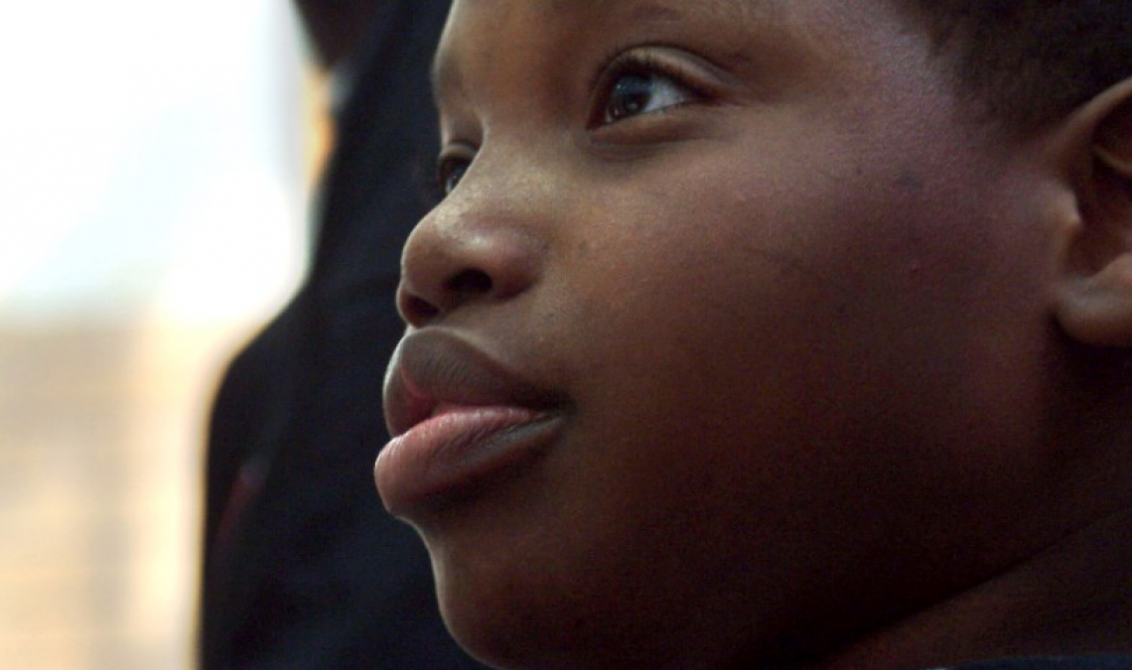
The other day I attended a baby shower for a friend due with her second baby. Several other mothers were there and some had their children with them. Amidst all the fun and excitement of the event I noticed a child who seemed to hang behind and wasn’t playing with the other kids. Judging by his size, he appeared to be about 4 or 5 years old but was interacting oddly with the others, laughing inappropriately and behaving much younger than he looked.
Our hostess for the baby shower, later confirmed that he was indeed 5 years old and that she had hinted to his mother on more than one occasion that something might be a little off with his development. She had advised his mother to have him evaluated by a specialist. His mother usually responded that the child’s father was a “late bloomer” as well and that his teacher had no complaints.
3% of all children have Intellectual Disabilities (formerly called Mental Retardation), 2% of children have Autism and 3% – 7% have Attention Deficit Hyperactivity Disorder. These statistics do not even include children who have Speech and Language delay or Motor skills delay. If you add it all up, 1 in every 8 -10 children may have a developmental disability ranging from mild social awkwardness to moderate speech and language delay to severe and debilitating symptoms that prevent the child from interacting in a normal way with the world around him. Developmental delays in children can significantly interfere with learning.
In all of these conditions, early diagnosis is critical to a better outcome. A child’s developmental disabilities are not necessarily fixed or set, and in fact they are often responsive to appropriate treatment if started early. A “late bloomer” may in fact be a child with an undiagnosed developmental disability like autism, who, would benefit greatly from proper diagnosis and appropriate treatment. Late diagnosis (after 3 years of age) can significantly impact the degree to which the child can benefit from treatment.
screening for developmental delays and intellectual disabilities is a central part of paediatric care from birth onward and is an important part of the Well Child Visit with your pediatrician. Most children with intellectual or other developmental disabilities often develop motor skills such as crawling, walking, climbing and jumping at the appropriate age and so parents usually miss delays in other areas which may be more subtle. The Well Child Visit is an opportunity to monitor your child’s development and ensure that any problems will be detected early.
Children should have a well visit with the pediatrician at the following ages to ensure that nutrition, growth and developmental milestones are within a normal range –
- 1 week old, 1 month, 2 months, 4 months, 6 months, 9 months and 12 months
- 15 months, 18 months, 2years, 2 ½ years, 3years
- Once a year after age 3.
If you are concerned that your child may be developmentally delayed, don’t be afraid to have him or her evaluated by a pediatrician. Early diagnosis will go a long way to bringing about a better outcome for your child.

